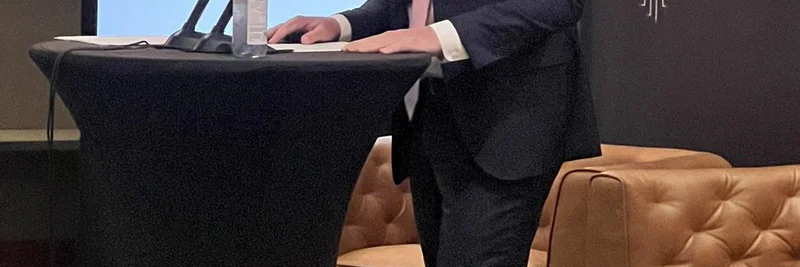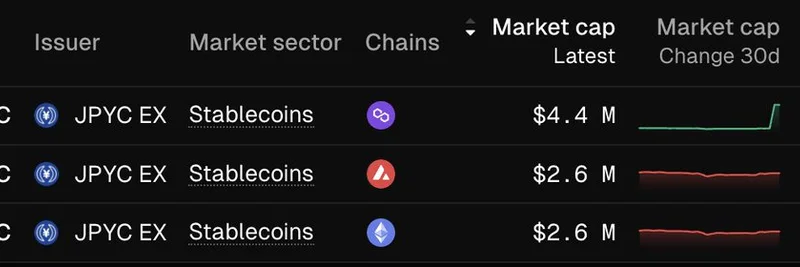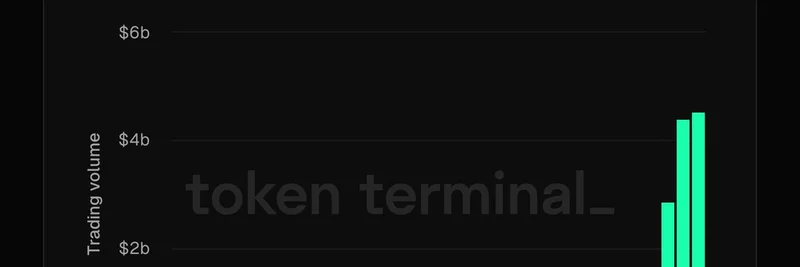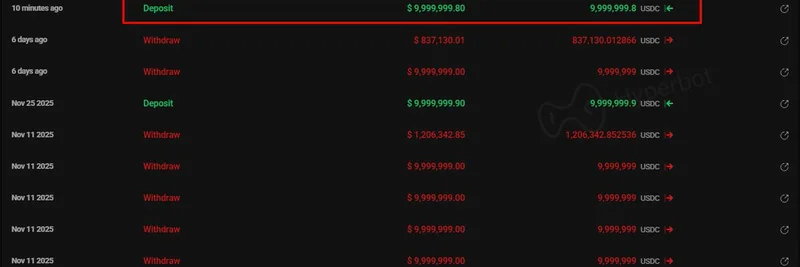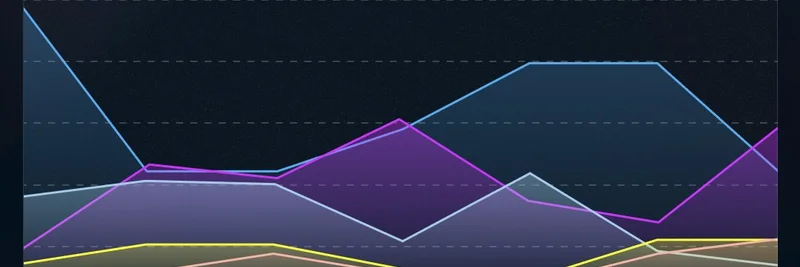In the fast-paced world of crypto, where meme tokens can skyrocket overnight based on a viral tweet or a clever smart contract, developers have often walked a tightrope when it comes to legal risks. But recent remarks from the U.S. Department of Justice (DOJ) could change that landscape for the better. Paul Grewal, Coinbase's Chief Legal Officer, took to X (formerly Twitter) to share some game-changing insights from a speech at the American Innovation Project Summit in Jackson Hole, Wyoming.
Grewal's thread highlights a key takeaway: "merely writing code without ill intent is not a crime." This stems from the DOJ's Blanche Memo, issued earlier in April 2025 by Deputy Attorney General Todd Blanche, which aims to end "regulation by prosecution" in the digital assets space. The memo shifts focus away from targeting crypto intermediaries and toward prosecuting actual bad actors who victimize investors or enable illicit activities.
The speech, delivered by Acting Assistant Attorney General Matthew R. Galeotti, builds on this foundation. For those unfamiliar, the Blanche Memo essentially tells prosecutors to stop using litigation as a backdoor way to regulate crypto. Instead, the DOJ will prioritize cases involving fraud, money laundering, or sanctions evasion—things that truly harm people or break serious laws.
What This Means for Meme Token Creators
Meme tokens, like Dogecoin-inspired projects or the latest Solana-based pumps, often rely on decentralized smart contracts that automate transactions without any central control. Think of them as self-running programs on the blockchain where users trade peer-to-peer, no middleman involved. Under the new guidance, if your software is "truly decentralized and solely automates peer-to-peer transactions," and you don't hold custody or control over users' assets, the DOJ won't approve charges against you under 18 U.S.C. § 1960(b)(1)(C). That's the federal law dealing with unlicensed money transmission, which has been a boogeyman for crypto devs in the past.
In simple terms: If you're a developer coding a fun meme token launcher or a DeFi protocol without intending to facilitate crimes, you're likely in the clear. The key is "specific intent"—you have to knowingly aim to aid illegal activities to face liability. Just contributing to open-source code? Not enough to get you in hot water.
This is huge for the meme economy. Many meme tokens start as community-driven experiments, with devs deploying contracts and letting the market take over. Past regulatory fears have stifled innovation, but this policy signals a more hands-off approach, encouraging builders to experiment without looking over their shoulder.
Breaking Down the Legal Jargon
Let's unpack a few terms for clarity:
Ill Intent: This means you deliberately set out to help criminals, like building a tool specifically for money laundering. Neutral code that could be misused? Not your problem, as long as you didn't plan for it.
Decentralized Software: Protocols where no single entity controls the funds or operations. Examples include Uniswap-like DEXs or automated market makers (AMMs) powering meme token trades.
18 U.S.C. § 1960: The anti-money laundering statute. Subsection (b)(1)(C) targets transmitting funds known to be dirty or for illegal purposes. The DOJ now says they won't charge this if your setup is fully P2P and non-custodial.
Galeotti emphasized that developers relying on prior regulatory guidance—like FinCEN's notes on non-custodial software not being money transmitters—can factor into fair notice defenses. It's not binding, but it helps prosecutors decide not to pursue cases.
Community Reactions and Broader Impact
The crypto community on X lit up with responses to Grewal's thread. Anatoly Yakovenko, co-founder of Solana, chimed in asking about deploying smart contracts, while others celebrated it as a "huge win for devs." Even Ripple's CTO, David Schwartz, noted potential limitations but acknowledged the positive shift.
For blockchain practitioners diving into meme tokens, this means more freedom to innovate. Whether you're coding on Ethereum, Solana, or Base, the focus is now on bad actors—not the tech itself. Of course, this doesn't mean zero risks; fraud or scams will still draw scrutiny. But for honest devs, it's a breath of fresh air.
As meme tokens continue to blend humor, culture, and finance, policies like this could fuel the next wave of viral projects. Stay tuned to Meme Insider for more updates on how regulations are evolving to support—rather than hinder—the crypto revolution. If you're building something wild, remember: code smart, stay decentralized, and keep the intent pure.
